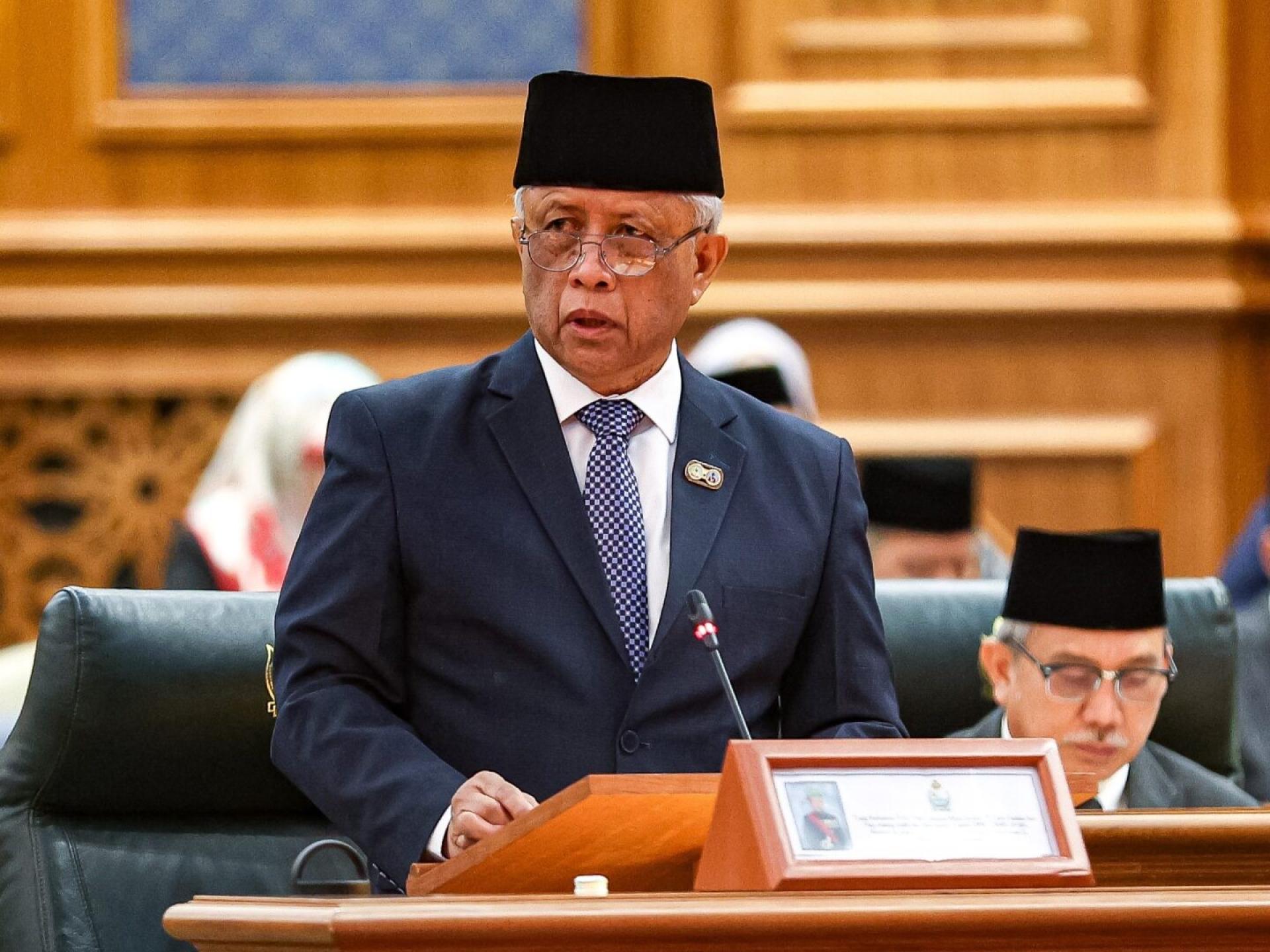(Bandar Seri Begawan, 8th) Brunei’s Vision 2035 proposal continues to receive strong support in the National Council deliberations, emphasizing the shared commitment to achieve three main goals through the implementation of the Human Resource, Social, and Economic Blueprints.
In his concluding remarks, Minister at the Prime Minister’s Office and Second Minister of Defence, Major General Dato Halbi, underscored the need for a comprehensive and inclusive approach to ensure the success of Brunei’s Vision 2035, which is based on Maqasid Shariah principles, good governance, and long-term sustainability.
The first goal is driven by the Human Resource Blueprint, led by the Ministry of Education and the Manpower Planning and Employment Council. Its focus is on a comprehensive transformation of the education system to meet the future economic and global technological demands.
Main recommendations put forward include: enhancing technical and vocational education and training through industry cooperation; fostering a flexible and inclusive culture of lifelong learning; emphasizing 21st-century skills such as digital literacy, creativity, critical thinking, and entrepreneurship; offering employers incentive schemes to train students and graduates.
The debate also highlighted the need to address skills mismatches through the continuous review of the education system, structural coordination between educational institutions, industries, government agencies and regulators, as well as more effective job matching via the national career platform and apprenticeship and industrial training programs.
The importance of using data-driven labor market forecasting to help educational institutions plan curriculum priorities and guide students’ career choices was also emphasized.
Minister Dato Halbi explained that these measures aim to nurture highly knowledgeable, capable, adaptable, and competitive citizens who can meet the nation’s evolving industrial demands.
The second goal is driven by the Social Blueprint, led by the Prime Minister’s Office and the National Social Issues Council. The focus is on building an inclusive society, strengthening the family institution, and developing a sustainable social support system.
Key highlighted aspects include strengthening the family system through family values and work-life balance; enhancing targeted social safety nets to reduce reliance on the government; and improving welfare policies by promoting self-reliance values and encouraging beneficiaries’ participation in economic and community activities.
Other measures to promote public well-being include efforts to eradicate poverty and reduce socioeconomic disparities; providing social services and infrastructure for rural areas; and strengthening public health and mental health.
Dato Halbi added that national security, stability, and peace are also identified as key prerequisites for the success of this vision. He also spoke about the importance of strengthening the preparedness of law enforcement agencies, inter-agency cooperation, and an active foreign policy.
The third goal is guided by the Economic Blueprint, led by the Ministry of Finance and Economy, and focuses on strategies to strengthen economic resilience through sectoral diversification and high-impact policy reforms.
Key recommendations include reducing dependence on the oil and gas sector by developing modern agriculture, tourism, the green economy, and the creative economy; harnessing digital technology and innovation as drivers of growth; and developing local entrepreneurship, including micro, small, and medium enterprises, cottage industries, and the One Village, One Product initiative.
The proposal also calls for the formulation of inclusive and investment-friendly economic and fiscal policies; consolidating the investment ecosystem to attract high-quality foreign direct investment; and providing fully-equipped industrial parks with infrastructure and technological support.
According to Dato Halbi, these measures will not only increase the competitiveness of local businesses but also create job opportunities, especially for youth and graduates, and revitalise rural economies.
There is also a focus on the need to develop modern and sustainable economic infrastructure, such as logistics and digital infrastructure, climate-friendly policies and the green economy, and honest, efficient economic and fiscal governance.
He said all these efforts support the aspiration to develop an open, environmentally friendly, and globally competitive economy.
At the end of his remarks, Minister Dato Halbi thanked all distinguished members of the council for their full support of Brunei’s Vision 2035 proposal.
“This vision is a commitment for generations, a legacy for the future that we must accomplish. Today’s prosperity must be preserved so that future generations may enjoy it.”
He also called on all sides to work together in the spirit of whole-of-government and whole-of-nation, based on the Malay Islamic Monarchy philosophy, to successfully realize the dream of building a good, peaceful, and blessed nation.
